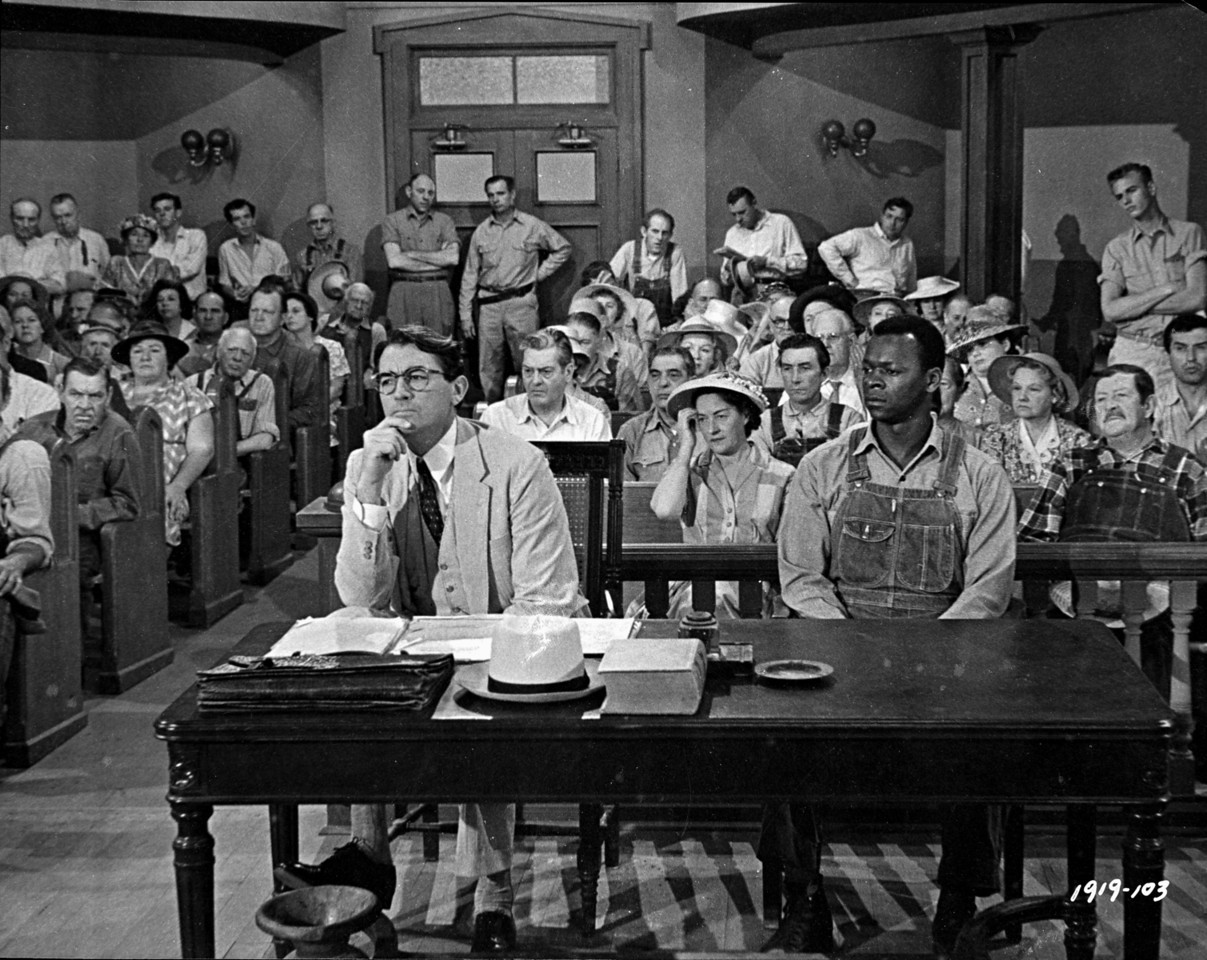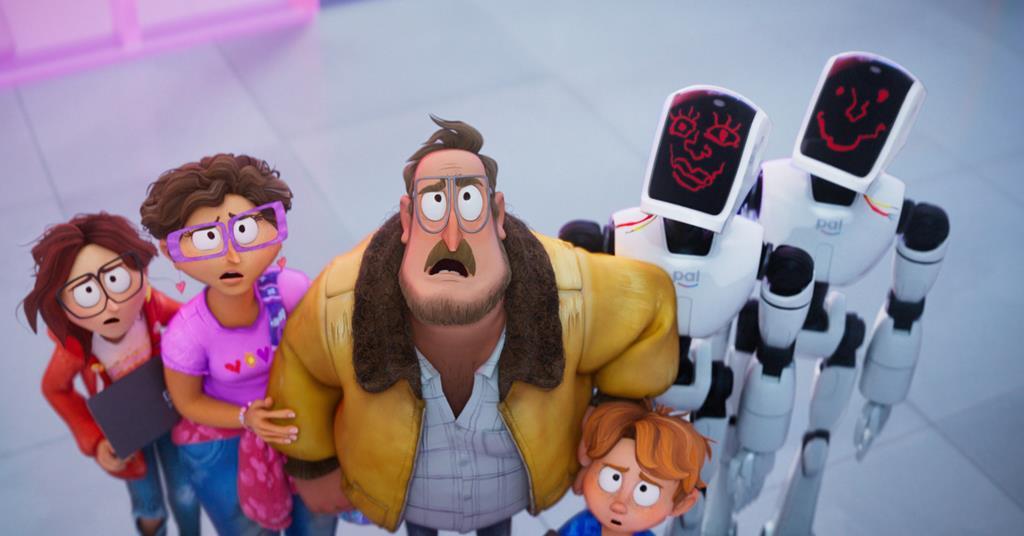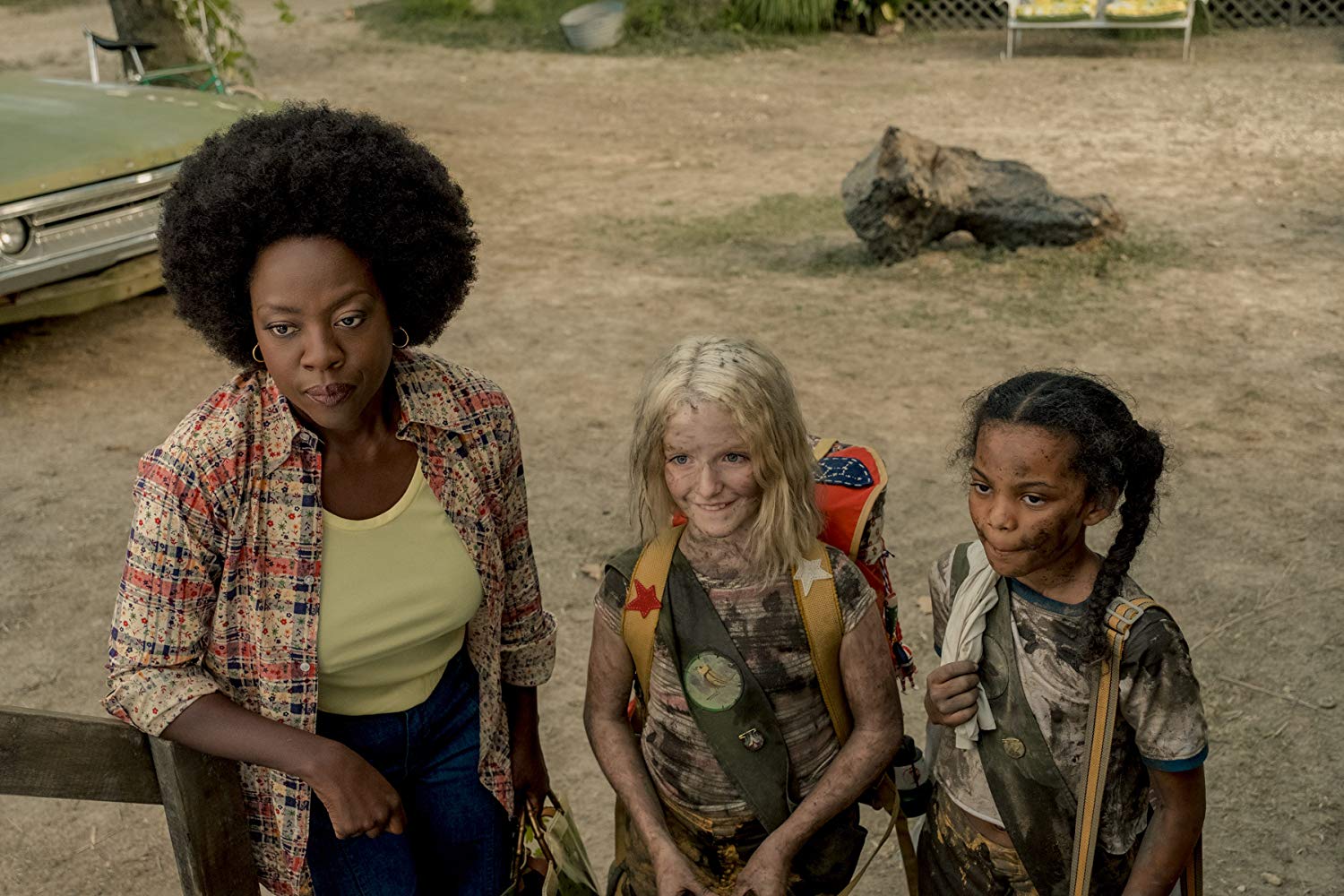One day this film will be a source of confusion. America will wonder why it was made. A confused on-looker will gape slack-jawed and wonder aloud, “You mean some white folks used to frame and murder people just for being black?!” The nearest historian will confirm such, even pointing out how much worse reality was than this depiction told. Some rapt observers will be shocked from disbelief; a child or two might even cry.
Alas, this is not that day. And, unfortunately, in the era of BLM and “Build that Wall,” To Kill a Mockingbird is equally as poignant now as it was when Harper Lee first published in 1960 and Robert Mulligan directed her vision in 1962. To Kill a Mockingbird is two stories, really; one talks about small town life in Jim Crow Alabama through the eyes of three children: Scout (Mary Badham), Jem (Phillip Alford), and Dill (John Megna). The second story concerns Tom Robinson (Brock Peters), a black man accused of rape, and Atticus Finch (Gregory Peck), the lawyer who defends him.
When AFI compiled its list of 100 Years/100 Heroes, celebrating the greatest protagonists in film history, Atticus Finch came in at #1. To most Americans, Atticus is exact personification of integrity, wisdom, intelligence, bravery, civility, modesty, and goodness that we wish to be. Ironic, isn’t it? The person best exemplifying the characteristic we treasure most is a lawyer. I can name plenty of real life lawyers from Michael Cohen to Johnnie Cochran and most are loathsome reptiles.
Jem and Scout are the leashless children of Atticus, who somehow didn’t get points deducted from the AFI for naming conventions. The film slowly evolves from the myopic concerns of the children involving rolling tires and mysterious gifts to the larger picture of how a racist town deals with a black man accused of raping a white woman. There is more than one death in the film; the direction wastes no opportunity in identifying who is willing to murder or die in the name of racism. Perhaps the biggest casualty of all, however, is its most subtle: the death of Scout’s innocence. When the film begins, the seven-year-old girl openly questions why a man is paying a legal debt in legumes, and later on she picks that same man out of lynch mob, unable to comprehend enough to ask the $64,000 question, “What are you here for?”
To Kill a Mockingbird may not have been the first film to shine a flashlight on the cockroaches that thrive underneath the façade of American greatness, nor is it anywhere close to the first film to point out exactly how unjust the American system of justice can be, but damn if this film isn’t as spot-on now as it was in 1962. This is why Atticus Finch remains the greatest hero in American film history – because a short supply of justice and integrity is not only a running theme in American history; such qualities are needed now more than ever.
Most people think this film ends with the trial. No question that’s where the climax is as Atticus tries in vain to exonerate Tom Robinson. The greatest drama in the film is wrapped in Atticus’ defense. And the landmark timeless solemnity of Atticus’ methodical solo departure from the courtroom is one of the very greatest moments in the history of cinema. But the film doesn’t end there, of course; there is still plenty of drama beyond which yields one of the great truisms we should never forget: white supremacists have no humility. It doesn’t sound like much when put so simply, but think of the consequences – When a black man is a victim of injustice, what happens? When a spotlight is shown on discrimination, what happens? When a black man is made President, what happens? Show me the group that has neither humility nor the ability to accept defeat and I’ll show you a group of dangerous assholes. Indignity hath no fury like a redneck scorned.
Failed humility, failed modesty, and hostility in the face of damning evidence … these aren’t unique qualifications of white supremacists, necessarily, but they sure feel like some of the key elements to white supremacy and white privilege, huh? You want to know what white privilege is? Tweeting a vile response to a question no one asked …always insisting upon the last word … heck, even this film smacks of white privilege – What is To Kill a Mockingbird about? A black man facing a death sentence for a crime he didn’t commit. And who are the stars of the book, the film? A white lawyer and his white children. That, my friends, is white privilege to a Model T.
Should that assessment detract from either book or movie? Aw, heck no. This story should be required reading/viewing by every single schoolchild who learns the national anthem. But it’s something to think about as the one part of society evolves while the other MAGAs.
♪We’d like to know a little bit about you for our time
We’d like to understand this mess we’re in
Look around you, all you see are hate-filled reckless lies
Stroll around and ask us “When did this begin?”
And here’s to you, Mr. Robinson
Fiction loves you more than you will know
Whoa whoa whoa
Avoid all trees, Mr. Robinson
And if there’s sheets please run the other way
Hey hey hey♫
Not Rated, 129 Minutes
Director: Robert Mulligan
Writer: Horton Foote
Genre: History repeating itself again … and again … and again
Type of being most likely to enjoy this film: Those who aspire to be better people
Type of being least likely to enjoy this film: White supremacists
♪ Parody Inspired by “Mrs. Robinson”
FWIW, the author has his own “ham costume” experience invoking the conclusion of To Kill a Mockingbird in the essay “Chicken for a Day.”




